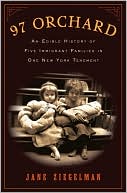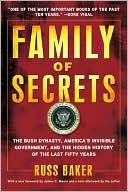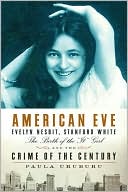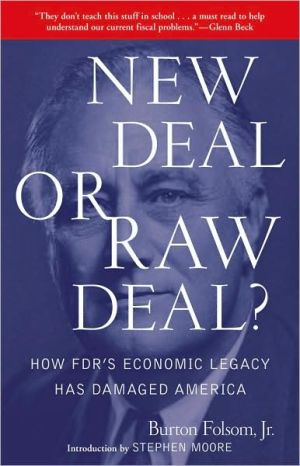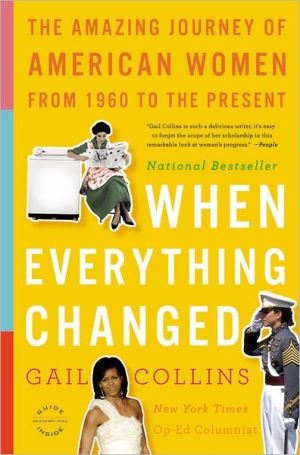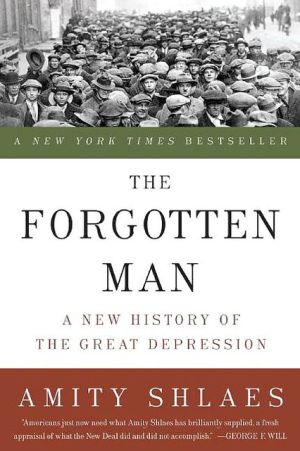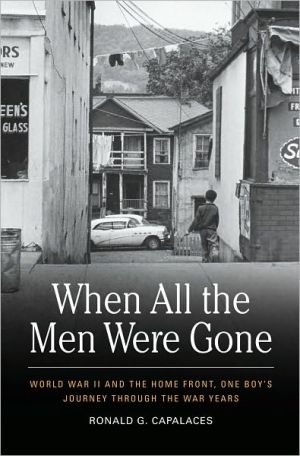Last Colonial Massacre: Latin America in the Cold War
After decades of bloody revolutions and political terror, many scholars and politicians lament the rise and brief influence of the left in Latin America; since the triumph of Castro they have accused the left there of rejecting democracy, embracing Communist totalitarianism, and prompting both revolutionary violence and a right-wing backlash. The Last Colonial Massacre challenges these views.\ Using Guatemala as a case study, Greg Grandin argues that the Cold War in Latin America was a...
Search in google:
Latin America today is seen by many as the crown jewel of the U.S. effort to spread freedom throughout the world. During the Cold War, the argument goes, the United States defeated Latin American communism, paving the way for the region's embrace of capitalist democracy and making Latin America the model to be emulated around the globe. The Last Colonial Massacre mounts a powerful challenge to this view.Through unprecedented archival research and gripping personal testimonies, Greg Grandin uncovers a hidden history of the Latin American Cold War: of hidebound reactionaries holding on to their power and privilege; of Mayan Marxists blending indigenous notions of justice with universal ideas of equality; and of a United States supporting new styles of state terror throughout the continent. Drawing from declassified U.S. documents, Grandin exposes Washington's involvement in the 1966 secret execution of over thirty Guatemalan leftists, prefiguring later disappearances in Chile and Argentina.With Guatemala as his case study, Grandin also argues that the Latin American Cold War was a struggle not between political liberalism and Soviet communism but two visions of democracy—one vibrant and egalitarian, the other tepid and unequal. And ultimately the conflict's main effect was to eliminate home-grown notions of social democracy. Grandin provocatively concludes that the definition of democracy now being extolled as the best weapon in the war against terror is itself a product of terror. International History Review "This work admirably explains the process in which hopes of democracy were brutally repressed in Guatemala and its people experienced a civil war lasting for half a century."— Joseph Smith
Introduction : the last colonial massacre1Ch. 1A seditious life19Ch. 2An uncorrupted life47Ch. 3Unfinished lives73Ch. 4Clandestine lives105Ch. 5An unsettled life133Conclusion : children of Abel : the Cold War as revolution and counterrevolution169AppList of the dead from Operacion Limpieza and the Panzos Massacre
\ American Historical Review"[This book] covers an important history. It also provides an important position on that history, addressing several different audiences and providing new information to each in riveting prose. It combines many specialists'' knowledge about how the Cold War played out in different parts of Latin America with new and previously unknown material about how Cold War tactics unfolded in Guatemala."\ — Carol A. Smith\ \ \ \ \ \ International History Review"This work admirably explains the process in which hopes of democracy were brutally repressed in Guatemala and its people experienced a civil war lasting for half a century."\ — Joseph Smith\ \ \ \ Journal of American History"A richly detailed, humane, and passionately subversive portrait of inspiring reformers tragically redefined by the Cold War as enemies of the state."\ — Alan McPherson\ \ \ \ \ \ Science & Society"This book is a searing indictment of U.S. imperialism in Latin America. Grandin makes abundantly clear that the U.S. government did not support democracy in Latin America; on the contrary, it thwarted it every step of the way. . . . [The] book contributes to our understanding of who the victims were, why they fought, and why they were trragically killed."\ — Margaret Power\ \ \ \ \ \ London Review of Books“Mounting the most powerful case to date against the know-nothing triumphalism of Cold War historians and the smug complacency of the American media, Grandin’s book also performs a modest act of restorative justice: it allows Guatemalans to tell their own stories in their own words. In a series of remarkable biographies Grandin shows how men and women made high politics and high politics made them, demonstrating that the Cold War was waged not only in the airy game rooms of nuclear strategists but ‘in the closed quarters of family, sex, and community.’”—Corey Robin, London Review of Books\ — Corey Robin\ \ \ \ \ \ Hispanic American Historical Review"What is new and pathbreaking is the way Grandin links local history and local lives to this struggle for democracy and to the violence that confronted that dream. Through careful archival work in national and local collections and, most especially, oral testimony from a diverse range of local participants, Grandin gives us a social history of the Polochic Valley told most effectively through the lives of the key participants."\ — Jim Handy\ \ \

